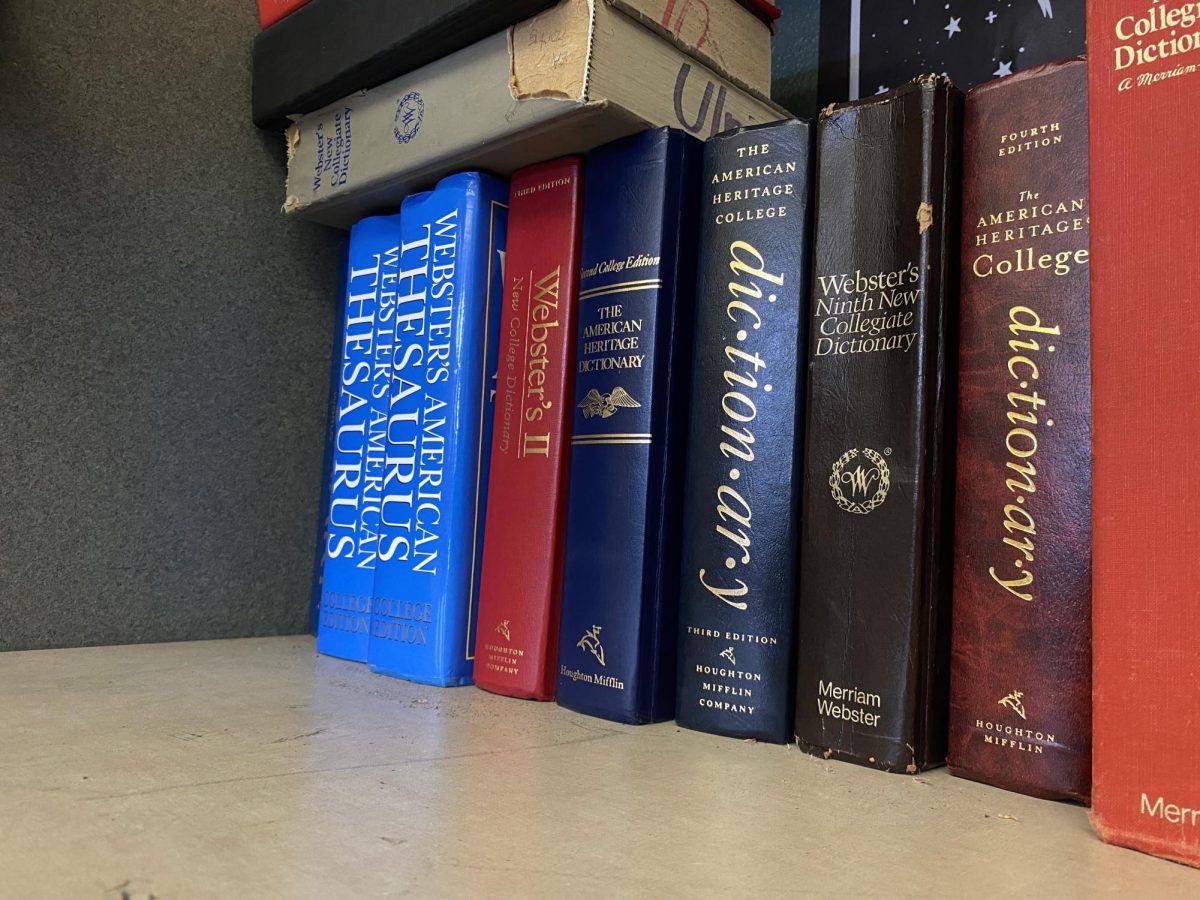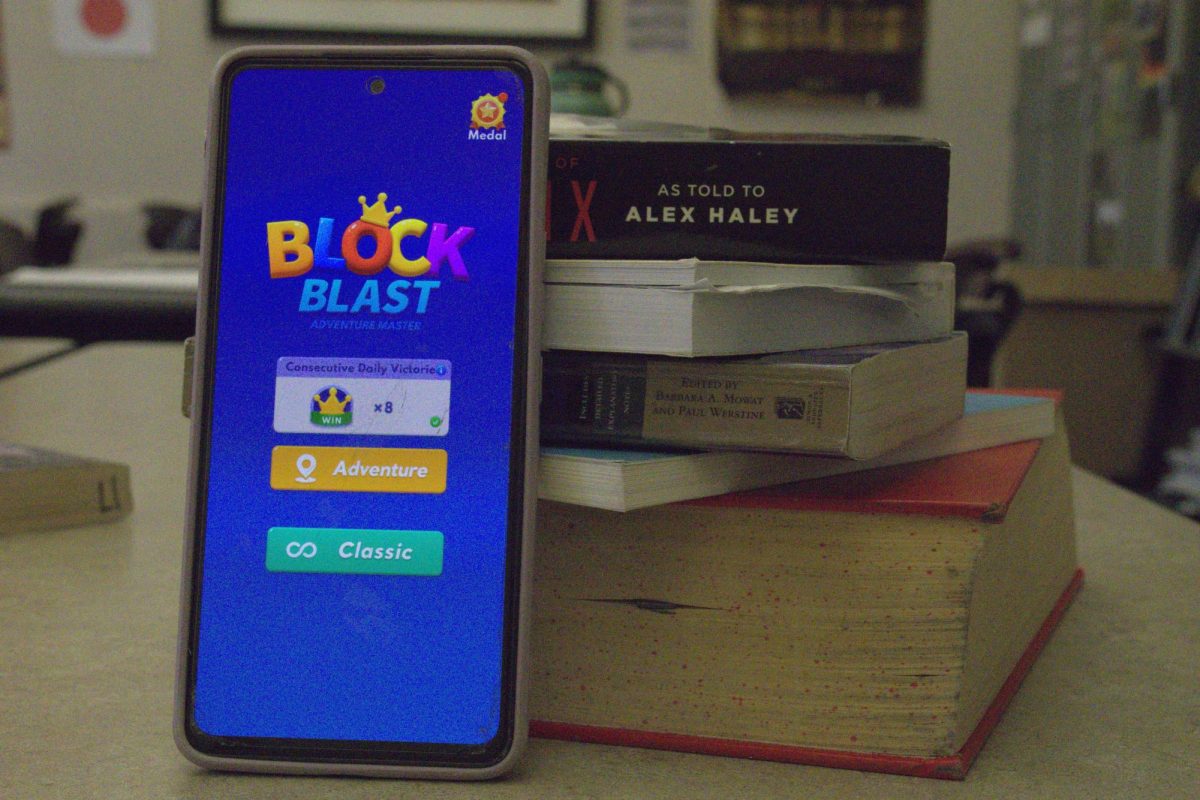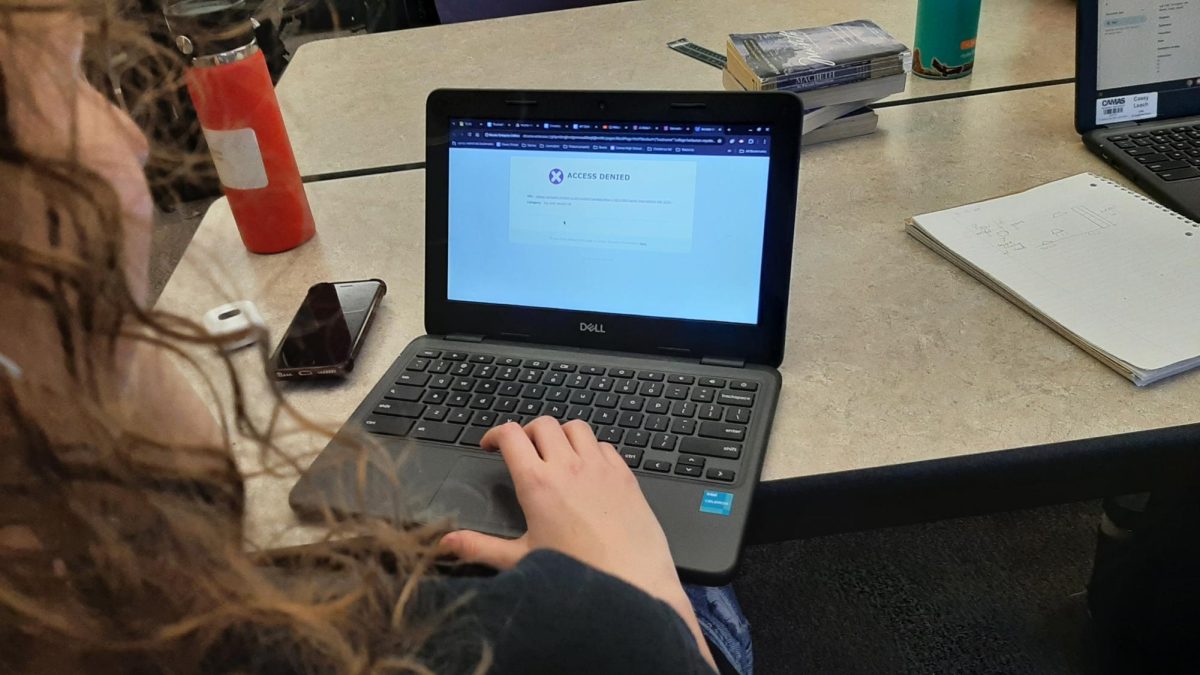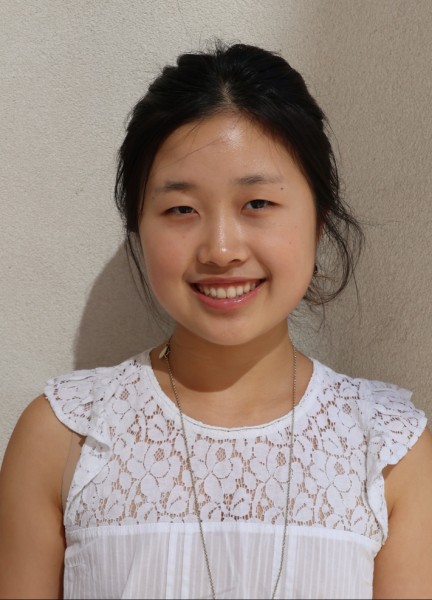The world is constantly changing, finding new replacements for once innovative products. While books, especially novels, were regarded as revolutionary, advocating for creative thinking on a larger scale, recent years have seen books failing to garner importance.
At Camas High School (CHS), students demonstrate this in their own lives. Students have spoken about their varying levels of literary consumption present throughout their daily routine. According to some students at CHS, they read only about one to two books a year.
“I feel like compared to past generations–such as my parents’, our generation reads a substantially lower amount of books,” Riley Schostak, a senior at CHS said.
Students at CHS who make an effort to weave reading into their lives have commonly done so with romance, the most common genre of literature among recent generations.
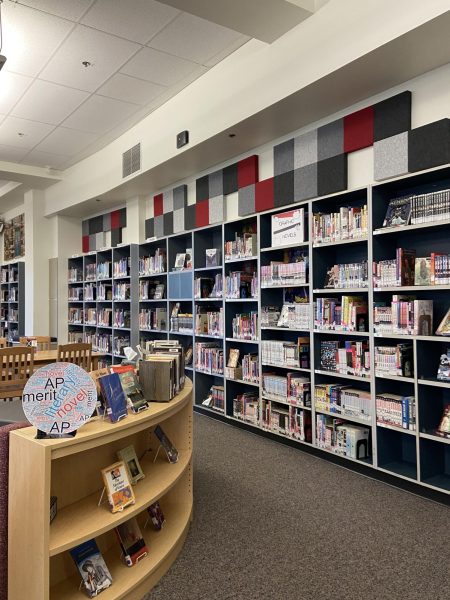
“I forget the authors’ names [of the books that I read] but I mostly read from romance–just some popular reads,” Lily Burrows, a freshman at CHS said.
According to LDS Publishers, as of the early 21st century, the average romantic novel is written at the level of a fifth grade reader. This contrasts heavily to the Tolstoyan, philosophical, socialist literature that heavily influenced the chemistry of society and politics of the past.
When asked to examine the relationship between their generation’s decline in reading and the chemical response to possible substitutions, many students suggested technology and a more fast-paced information intake (such as social media) as a cause of the recent decline in literature.
“I think [reading is] important [because] it expands our vocabulary, but honestly, it’s boring,” Callie Beaulieu, a freshman at CHS said.
Considering the relative lift from stricter familial “policies” and the recent pandemic, many can assume that the academic performance of students could have dropped during recent years. Additionally, others argue that the reading deficiency among students can have a direct impact on the overall academic readiness of students at school.
“Over the last 25 years, there’s been a downward trend in skills; students are willing to do less and put less effort into their work. I think it’s possible that decreased reading rates might have contributed to this aspect,” Sam Greene, a teacher at CHS said. “Reading contributes heavily to comprehension, writing capacity and diverse perspectives, and the lack of this aspect can be inferred to have ties with the academic trends.”
Despite a decrease in reading, podcasts are becoming a more commonly consumed form of long-form media, primarily gaining popularity among teens and young adults.

“I think there are alternate sources to reading at this point in time, such as podcasts, which makes it more vulnerable for us to lose time for reading,” CHS freshman Brooklyn Burns said. “I can learn about the same information that I would have to sit down and read [to learn].”
This shift has gained the approval of teachers as well, testing the limits of experimentation to different methods of information intake.
“Although it is a little bit of a different process and experience, I think that podcasts have potential to replace reading, to some degree,” Greene said.
It is important to keep a consistent rate of adaptation in order to progress our consumption. The openness and welcoming attitude towards new methods of receiving information can open the gate to a plethora of human innovation. However, there remains a debate still to whether literature can be experienced in just one way or another. It is an experiment waiting to be observed in hindsight.


































